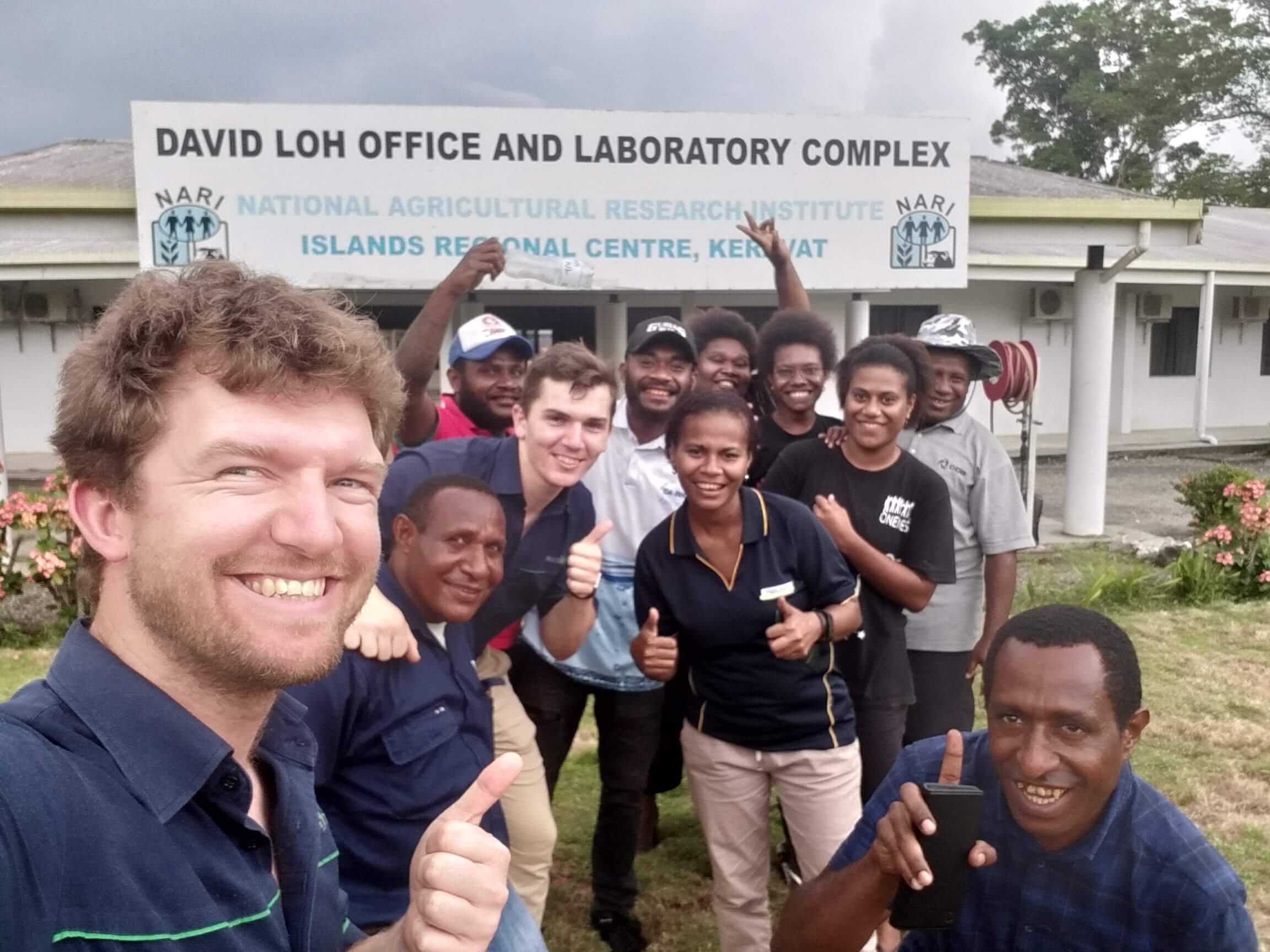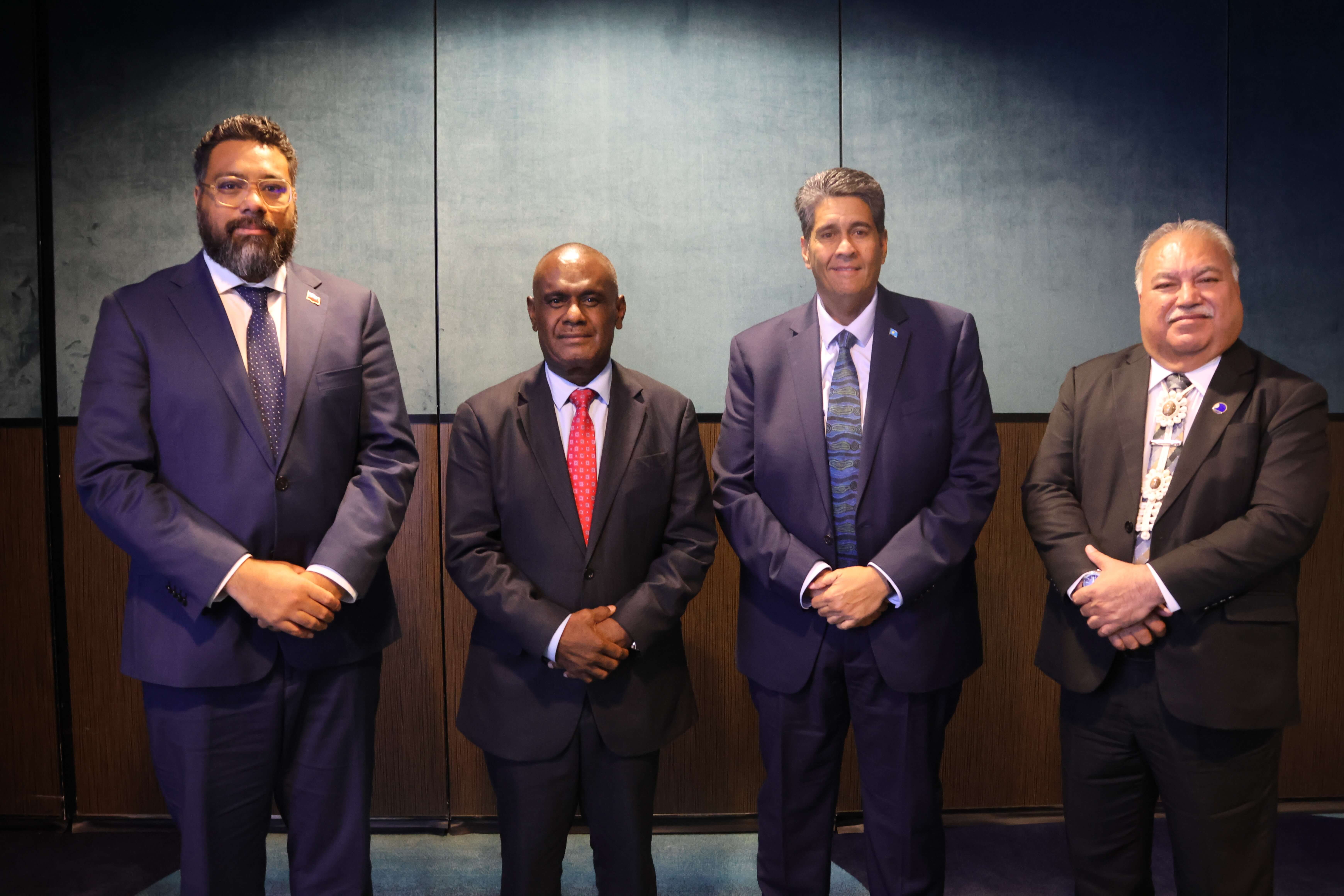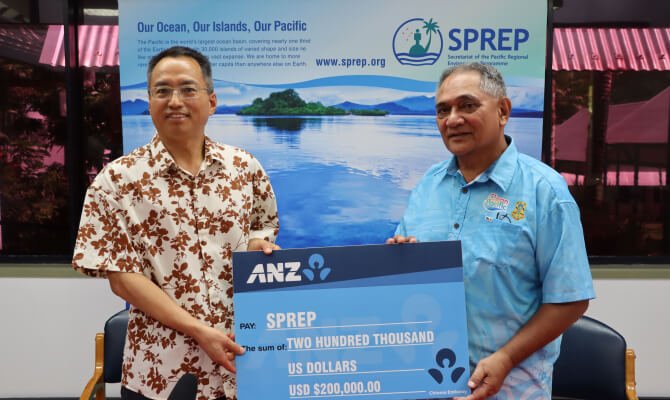At Sustineo we are excited to enter the next phase of this multi-year ACIAR project: Climate Smart Agriculture opportunities for enhanced production in Papua New Guinea (PNG). We are working with the Australian National University Climate Change Institute (ANU CCI) along with multiple other project partners: CSIRO; Phloem 3; National Agricultural Research Institute (NARI); Anglo Pacific Research (APR); PNG National Weather Service (PNGNWS); Department of Agriculture and Livestock (DAL); Fresh Produce Development Agency (FPDA); Climate Change & Development Authority (CCDA); and the University of Goroka.
The aim of this project is to facilitate the use of seasonal climate information in PNG farming communities to underpin important agricultural production decisions and by doing so improve food security outcomes for rural communities. The project strives to do this through understanding local social networks (how people share and receive information with each other) and Indigenous farming systems and then working to introduce new climate forecasting technology in a manner that is contextually appropriate and locally accessible.
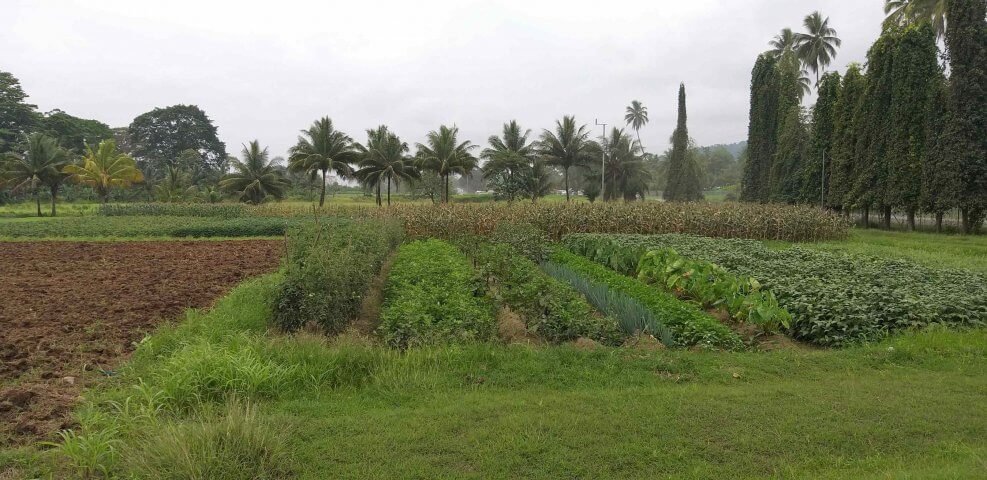
Since 2017, Sustineo has been a collaborating partner with ANU CCI across a number of projects that have laid the groundwork for this current ACIAR funded activity. Much of Sustineo’s prior work has been involved in supporting the development of localised seasonal climate information services for agricultural communities in PNG. This involved delivering social research survey-based training with local research organisations, NARI and APR. Sustineo then oversaw a baseline survey focused on understanding how information about weather currently flows through different agricultural communities and how that informs farmer decision making in the provinces of Morobe, Eastern Highlands and East New Britain. The output of this prior research has been the development of a social network analysis which provides contextual insights on information dissemination and receipt pathways, particularly around gendered and regional differences. These insights can then be used to inform how seasonal climate information should be effectively communicated with PNG communities as part of this current phase of the project. This includes what farming system information to include with the Seasonal Climate Forecast information and the important times for dissemination.
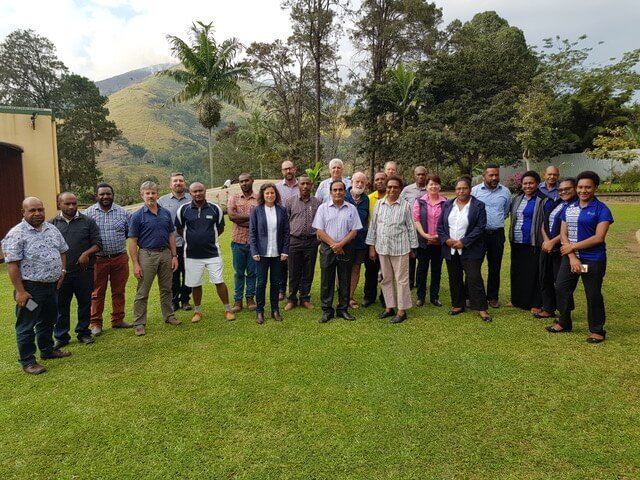
In mid-2019, the ACIAR supported Climate Smart Agriculture project was launched. Having previously helped inform an evidence-based design for the project, we are thrilled to now be working with the ANU CCI and partners in leading the monitoring and evaluation (M&E) element of the project. Beyond monitoring of project activities, outputs and progress towards outcomes, we are also excited about the learning potential in the role we are filling, as well as – importantly – helping to map and measure project impacts. From our past experience conducting impact assessments for ACIAR (see for example here and here) we know the importance of establishing good processes at the start and building a dataset early on to help demonstrate progress and evidence impact. Beyond oversight of the M&E element, we have also been working with project partners in developing a formative household survey. This will both help further guide the initial roll out of the project, as well as being used to map impact and achieve the broader aim of helping the project recognise its successes when combined with an end of project survey.
While we are not likely to be hopping on a plane to go into the field ourselves anytime soon, we are keen to be a part of this important project albeit from Canberra. Undertaking this project during COVID-19 has reiterated the importance of building trusting relationships with in-country partners over the previous years. As such, we look forward to reconnecting with PNG research specialists, APR and NARI. Equally, we also look forward to forming new partnerships with a range leading PNG and Australian organisations across government, civil society and the private sector involved in this project.
The diverse mix of expertise on agricultural and social research, coupled with innovative research methodologies and the leveraging of strong local networks and partnerships will all be harnessed for this project. By supporting the enhancement of existing agricultural production through the provision of seasonal climate information, this project will be critical in contributing towards improved food security of PNG smallholders and their communities.
To find out more on the project, see this ACIAR reach out piece: https://reachout.aciar.gov.au/accessible-weather-forecasts-advisories-key-to-png-farm-resilience
For more information on Sustineo’s work, email Tom Sloan at tom.sloan@sustineo.com.au.
